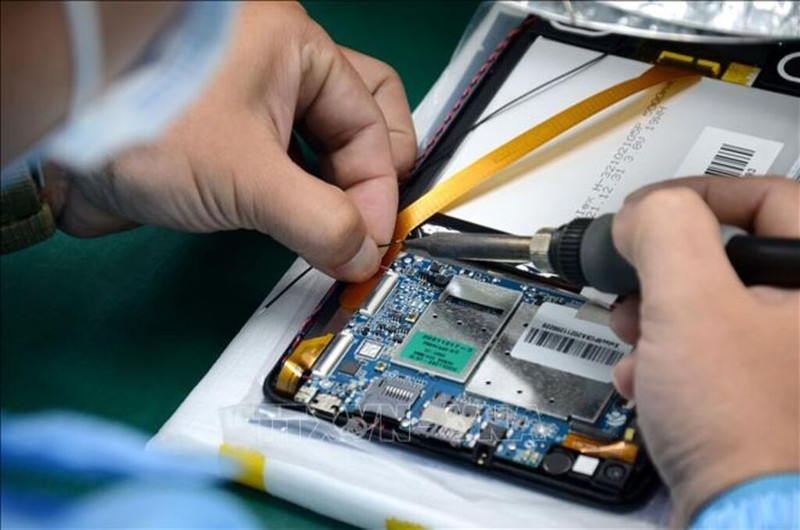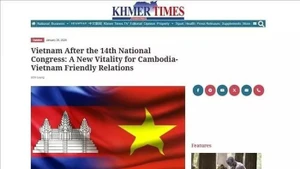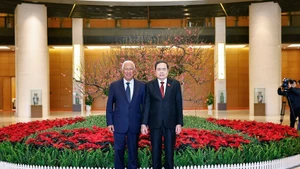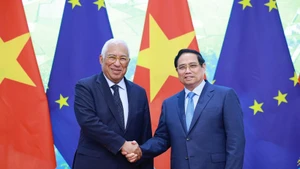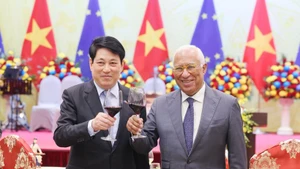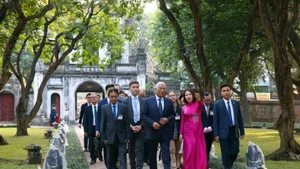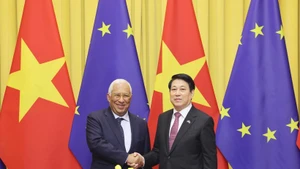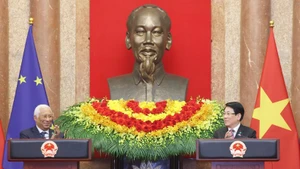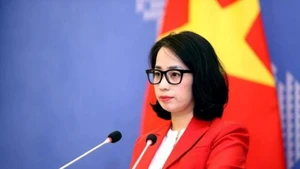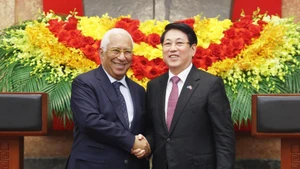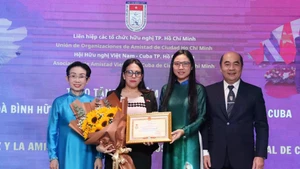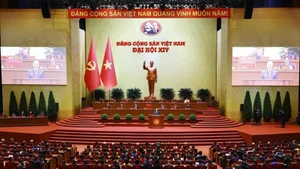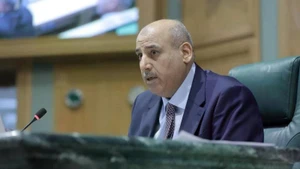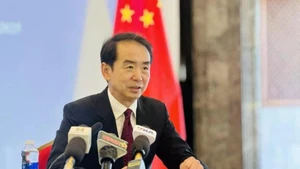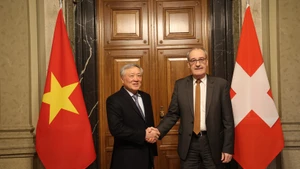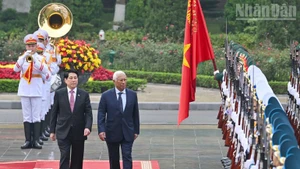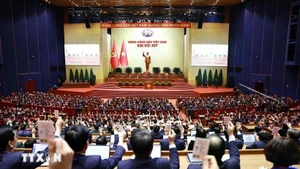Vietnam and Ireland have obtained various achievements in their cooperation and friendship since they set up their diplomatic ties 28 years ago. Trade collaboration has been a key pillar in the bilateral relations on the basis of the effective implementation of the EU – Vietnam Free Trade Agreement (EVFTA).
According to the Ministry of Industry and Trade (MoIT), Ireland is the sixth largest trading partner of Vietnam in the EU, with two-way trade revenue reaching nearly 3.5 billion USD last year. As of the end of July, Ireland had registered 60.82 million USD in 41 projects in Vietnam, ranking 55th out of 146 countries and territories investing in the Southeast Asian country. Particularly, after the EVFTA took effect in 2020, Vietnam’s export to the European nation surged 45.9% year-on-year to 502 million USD in 2022.
Ireland’s imports fell in 2023 as the prolonged COVID-19 impacts weakened consumption demand. However, trade between the two sides has been bouncing back since the outset of this year, with Vietnam’s shipments to the market shooting up 123.5% to 669 million USD and import rising 29.8% to 2.45 billion USD during January – August.
According to experts, Ireland boasts sound legal frameworks and incentives for the development of high-tech industry, innovation and startups, among others, making it an attractive destination for global tech giants. Vietnam has maintained large trade deficit with Ireland for years, with computers, electronic products and components, including semiconductor chips, accounting for 90% of the country’s total import from the market for domestic production and assembly.
They said although the two countries have huge cooperation potential, their collaboration in the domains of trade, investment and science-technology as well as other sectors of their strengths has remained modest and has not been on par with their political relations as well as potential and advantages. They suggested the two nations enhance the exchange of delegations at all levels and information sharing to further promote the bilateral cooperation.
In the framework of a recent visit to Vietnam by a trade delegation of the Irish Government, Martin Heydon, Minister of State at the Irish Department of Agriculture, Food and the Marine, said Ireland’s agricultural products and food have reached out to various markets and the country wants to provided its high-quality goods for Vietnam.
Over the past years, Ireland have focused on developing cooperation development programmes with Vietnam, including the recent support activities for Vietnam’s agriculture and food sectors, helping Vietnamese goods access new markets.
Experts said Ireland will continue promoting its investment in Vietnam, particularly in the areas of the country’s strengths and Vietnam’s potential such as green technology, renewable energy, research and development, innovation, agriculture, high technology and FDI attraction.
Besides, the country will put into place the OECD-led global minimum tax and carry out key cooperation areas at the Vietnam National Innovation Centre.
Specialists held that the two nations should well capitalise on their existing bilateral and multilateral cooperation frameworks as well as work together to handle several issues, including Ireland’s approval of the EU-Vietnam Investment Protection Agreement (EVIPA), and call for the EU to remove the European Commission (EC)’s yellow card against Vietnamese seafood products.
A representative of the MoIT held that the two sides should step up support for their business communities, helping them seek cooperation, investment and business opportunities in each other’s market, while tapping the opportunities from the EVFTA to the fullest extent amidst post-pandemic economic recovery.
Particularly, Ireland should encourage its enterprises, comprising global firms headquartered in the nation, to shift and expand investment in Vietnam, and support the Southeast Asian country to organise trade promotion programmes at Irish supermarket chains while working to bring Vietnamese goods to Irish distribution chains, thus bridging the trade deficit between the two countries.
The representative also recommended Vietnam and Ireland to focus on enhancing cooperation in such areas as manufacturing industry and automation, electronic and digital industries, the application of biotechnology into industry, energy, sustainable consumption, innovation and high-quality human resources development.
Additionally, they should continue working closely with and support each other at multilateral forums, especially at the UN and within the framework of the Asia – Europe Meeting (ASEM) and ASEAN – EU cooperation, helping promote multilateralism and the implementation of international regulations and contributing to peace, stability, cooperation and development in the region and the world.
